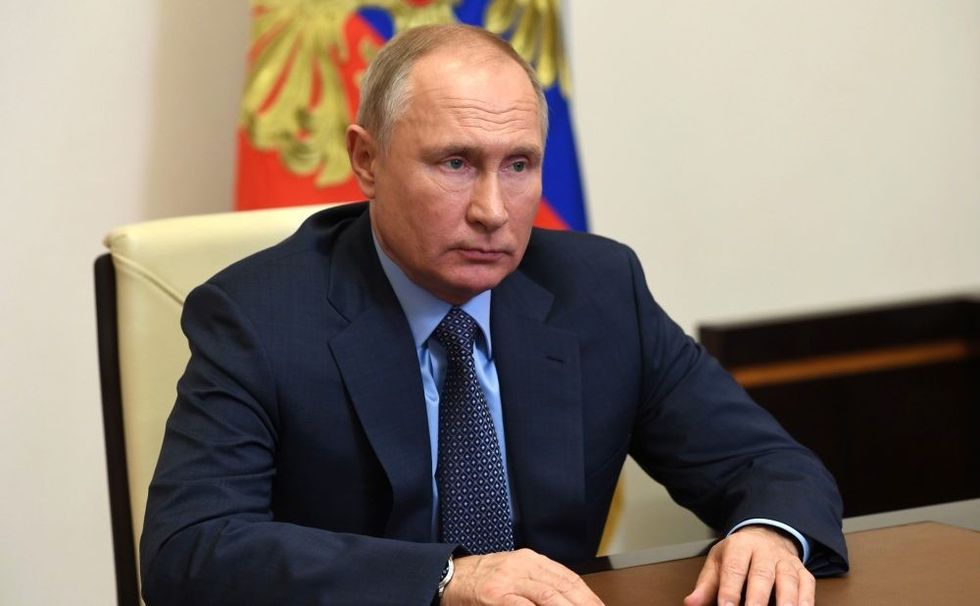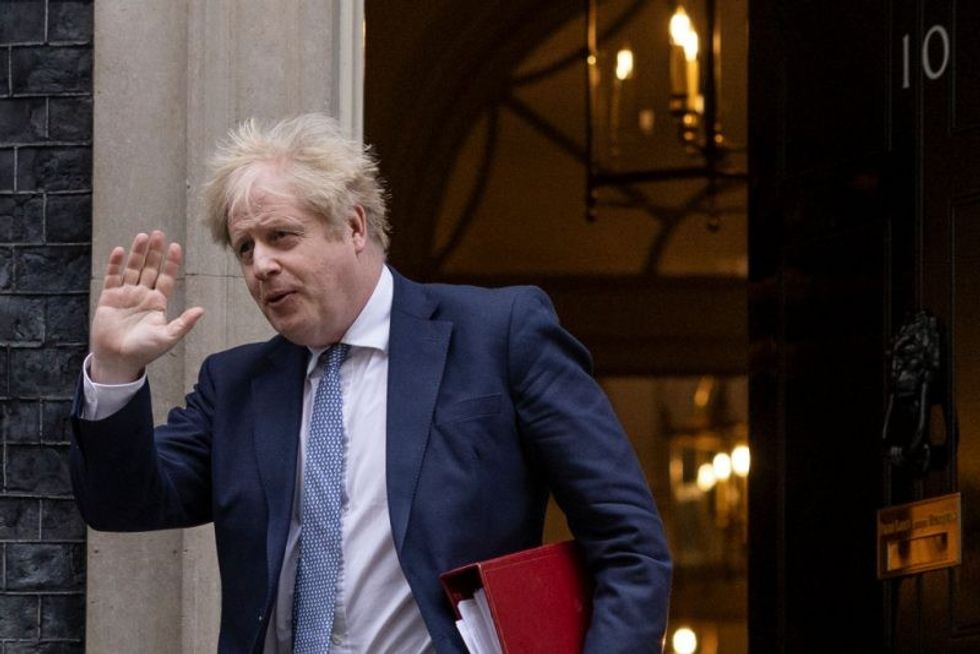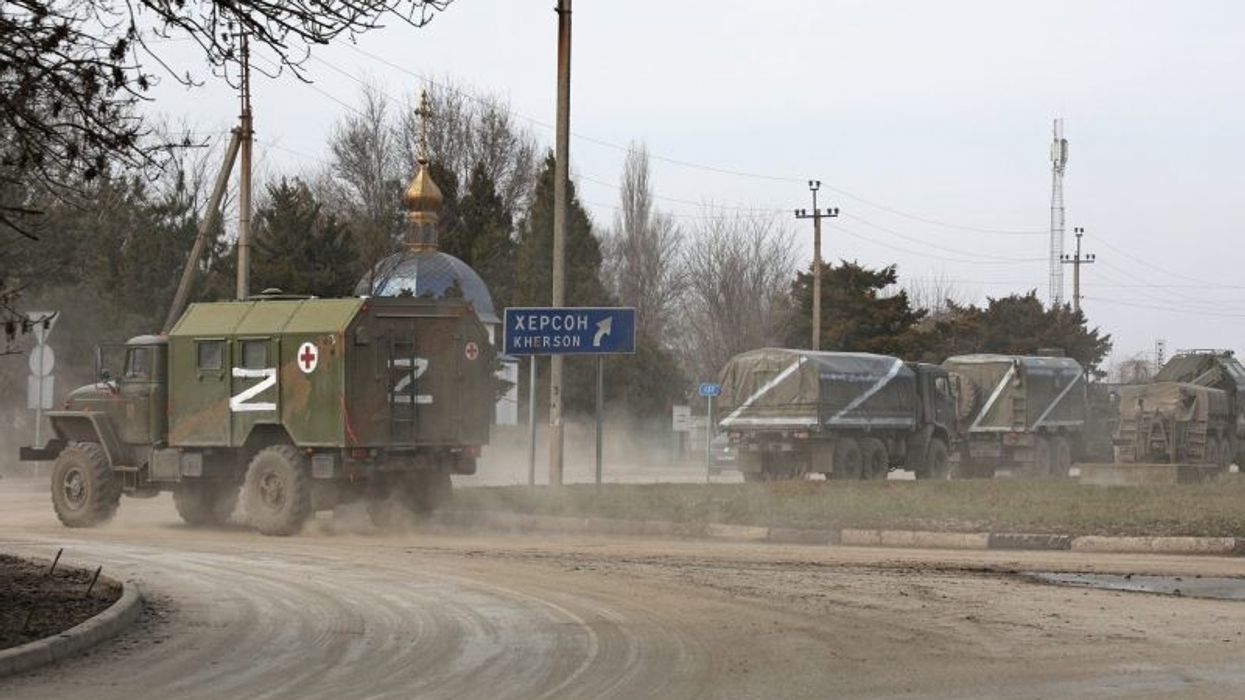BRITISH prime minister Boris Johnson on Thursday (24) condemned Russia's "unprovoked" and "horrific" attack on Ukraine, as he prepared to chair an emergency meeting of top ministers and officials.
Johnson spoke to Ukrainian president Volodymyr Zelensky overnight and vowed "the West would not stand by as (Russian) president (Vladimir) Putin waged his campaign against the Ukrainian people," his office said.
"I am appalled by the horrific events in Ukraine and I have spoken to president Zelenskyy to discuss next steps," Johnson said on Twitter.

"President Putin has chosen a path of bloodshed and destruction by launching this unprovoked attack on Ukraine. The UK and our allies will respond decisively."
Downing Street later said the emergency meeting - dubbed COBR - to coordinate Britain's response would begin at 0730 (local and GMT).
Putin early on Thursday (24) launched an air and ground assault on Ukraine after a surprise television address.
UK foreign secretary Liz Truss, who spoke to her US counterpart Antony Blinken on Wednesday (23) evening ahead of the Russian leader's announcement, joined Johnson in condemning the attack "on the people of Ukraine".
"We stand with Ukraine and we will work with our international partners to respond to this terrible act of agression," she said following the start of Russia's offensive.
Her foreign ministry colleague, lawmaker James Cleverly, told the BBC that the government feared it is "the start of a quite extensive military operation".

The ministry has deployed teams to five countries in eastern Europe to support Britons leaving Ukraine, Truss noted.
Meanwhile, transport secretary Grant Shapps said he had instructed the UK Civil Aviation Authority to ensure airlines avoid Ukraine airspace "to keep passengers and crew safe".
The UK slapped sanctions on Tuesday (22) on five Russian banks and three billionaires, in what Johnson called "the first barrage" of measures in response to the Kremlin's actions in Ukraine.
UK media reported early Thursday (24) he would detail another round of measures in parliament later in the day.
Leading members of Johnson's ruling Conservatives, as well as the main opposition Labour party, have urged him to hit the Kremlin as hard as possible with the new sanctions.
Cleverly vowed London would respond with "unprecedented" steps "to punish this aggression and to hopefully persuade the people around Vladimir Putin that this is completely the wrong thing to do, and that he should reverse this attack".
(AFP)




